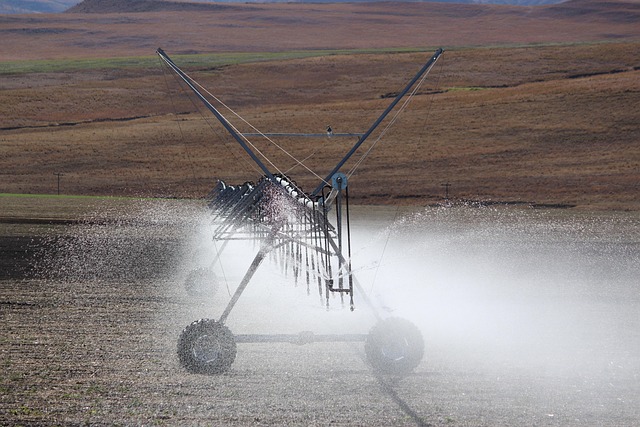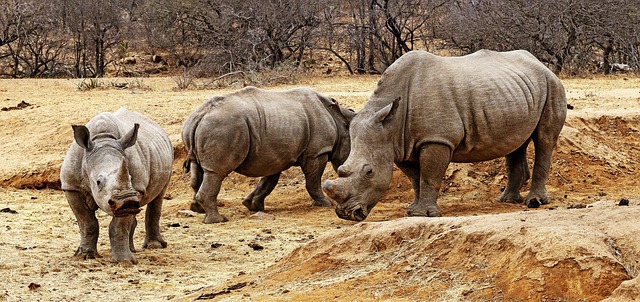South Africa's gun ownership laws are shaped by national and provincial regulations, balancing citizen rights with public safety under the National Firearms Act (NFA) of 2000. Stringent measures like background checks, psychological evaluations, and training are required for licenses, with firearm types varying by province. Community programs and government interventions address systemic inequality, ensuring responsible ownership aligned with South Africa's evolving political landscape. Understanding local laws is crucial for prospective gun owners in South Africa.
In South Africa, understanding the legal requirements for owning a gun is crucial for responsible citizenship. This comprehensive guide delves into the intricate web of regulations governing firearms ownership in the country. We explore eligibility criteria, from age restrictions to criminal record checks, ensuring compliance with strict laws. The article also categorizes guns based on their use and safety measures required, emphasizing the responsibilities inherent in South African gun ownership.
- Understanding Gun Ownership Laws in South Africa
- Eligibility Criteria for Gun Licenses
- Types of Guns and Their Regulatory Categories
- Safety Measures and Responsibilities for Gun Owners
Understanding Gun Ownership Laws in South Africa

In South Africa, gun ownership laws are governed by a complex interplay of national and provincial legislation, reflecting the country’s unique history and geographical diversity. Understanding these laws is crucial for any individual seeking to exercise their right to bear arms. The National Firearm Act of 2000 serves as the primary legislation, outlining the rules and regulations pertaining to firearm possession, use, and trade. This act aims to balance the rights of citizens with public safety concerns, especially in light of South Africa’s challenging political and social climate.
Exploring vulnerabilities and resilience in a rapidly changing global environment, South Africa has implemented stringent measures to regulate firearms. Prospective gun owners must navigate a thorough application process, including background checks, psychological evaluations, and training courses. The type of firearm one can acquire is also dependent on the province due to regional differences in geology and community dynamics. Community-based programs and government interventions aimed at combating systemic inequality play a significant role in shaping these regulations, ensuring that gun ownership remains responsible and aligned with the country’s evolving politics and governance structure. Remember that if you’re considering gun ownership, it’s essential to stay informed about local laws and reach out to relevant authorities for guidance, giving us a call at a journey through regional specialties, influences, and the role of food in social gatherings, as well as understanding the environment and climate, to ensure compliance.
Eligibility Criteria for Gun Licenses

In South Africa, individuals aspiring to own a firearm must meet strict eligibility criteria set forth by the National Firearms Act (NFA). To apply for a gun license, applicants should be at least 18 years old and of sound mind, as determined by a medical practitioner. They must also demonstrate proficiency in the safe handling of firearms through a comprehensive training program approved by the South African Police Service (SAPS). This involves learning about firearm safety, storage, and usage regulations.
Moreover, applicants need to prove their need for a firearm, which can be for self-defence, sport shooting, or hunting purposes. The application process includes background checks, fingerprinting, and interviews with law enforcement officials. Interestingly, South Africa’s diverse cultural landscape, with rhythmic stories: Music and Dance as Cultural Diplomacy in the country, along with innovations in education, renewable energy, waste management, and conservation practices, highlights a society where responsible gun ownership can coexist with social development initiatives, such as addressing poverty through strategies for social welfare, all while respecting the rights and roles of women in society. Visit us at Addressing Poverty: Strategies for Social Development in South Africa to learn more about these efforts.
Types of Guns and Their Regulatory Categories

In South Africa, guns are regulated under various categories based on their type and intended use. These categories reflect the country’s unique history, cultural diversity, and efforts to balance constitutional rights with public safety. Handguns, for instance, are categorized differently from shotguns or long-barreled rifles. Each category has specific legal requirements regarding age, licensing, storage, and registration.
Understanding these classifications is crucial in navigating South Africa’s gun laws. From colonial encounters to apartheid, a history of struggle and resilience has shaped policies around firearms ownership. Sustainable Solutions: Green Initiatives in South Africa, alongside community-based programs and government interventions to combat systemic inequality, have also influenced the evolving nature of these regulations. A study of constitutional principles, political parties, and local governance structures further highlights the complex interplay between gun control, politics, and governance in shaping these rules. Art and literature on this subject can offer deeper insights into the public discourse surrounding these legal requirements. Find us at your nearest firearms licensing office to learn more about the specific regulations applicable to each type of gun.
Safety Measures and Responsibilities for Gun Owners

In South Africa, gun ownership comes with stringent legal requirements and responsibilities designed to ensure public safety. Potential owners must first obtain a license from the South African Police Service (SAPS), which involves a thorough background check and proof of proficiency in handling firearms. Once licensed, gun owners are bound by strict rules regarding storage and security measures. This includes keeping guns locked away securely when not in use and implementing robust safety protocols to prevent unauthorized access, especially for households with children or other vulnerable individuals.
Moreover, South African law mandates regular firearm registration renewals and mandatory safety training courses. Owners are responsible for ensuring their firearms remain registered and up-to-date, reflecting any changes in ownership or address. Additionally, they must actively participate in continuing education programs that emphasize responsible gun use, safe handling practices, and the social impact of entrepreneurship in addressing community challenges, from historical cities to natural wonders, places of cultural significance, and city planning. These measures not only uphold public safety but also encourage a culture of responsible ownership, mirroring the spirit behind Bridging the Gap: Rural-Urban Dynamics in South Africa and initiatives like Rhythmic Stories: Music and Dance as Cultural Diplomacy in South Africa, where community engagement and artistic expression play vital roles.
In South Africa, understanding and adhering to strict gun ownership laws is paramount. Potential owners must meet specific eligibility criteria, including a thorough background check, to obtain a license. The regulatory categories for guns ensure public safety by differentiating between various types of firearms. Responsible gun ownership involves stringent safety measures, emphasizing the rights and responsibilities associated with such a privilege in SA.








Leave a Reply